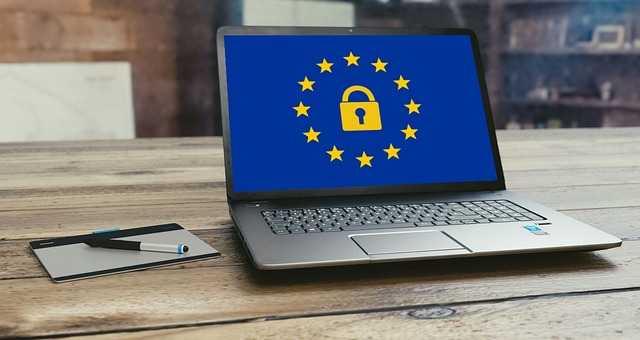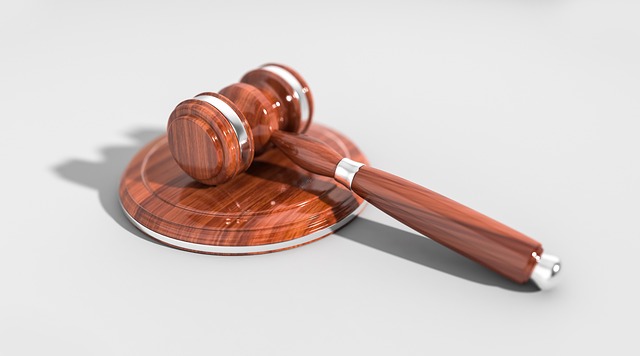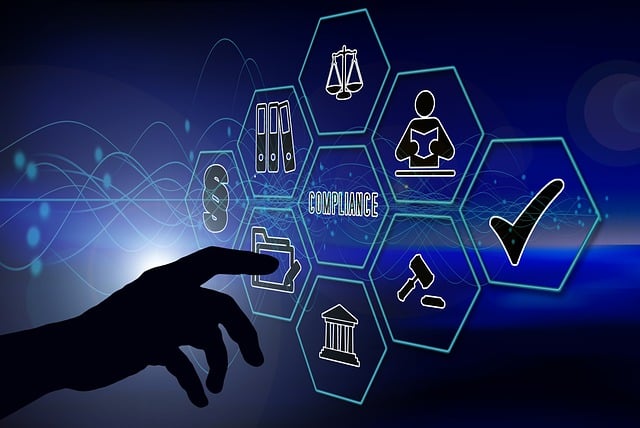Understanding and adhering to the legal landscape surrounding background checks is crucial for organizations to maintain ethical practices, protect privacy rights, and avoid significant financial penalties. Key legislation like the Fair Credit Reporting Act (FCRA) in the US and GDPR in Europe govern how background checks are conducted, focusing on data protection, fairness, and transparency. Compliance involves respecting individual consent, securing sensitive information, and ensuring legitimate business purposes to mitigate risks of legal disputes and reputational damage.
In today’s stringent regulatory environment, understanding the legal aspects of background checks is paramount for businesses. This article delves into the intricate world of background check laws and their profound implications on organizations across various sectors. We explore the significance of compliance in background screening, with a particular focus on FCRA (Fair Credit Reporting Act) and its role in ensuring legal requirements are met. Additionally, we navigate privacy laws relating to these checks, highlighting the potential risks—and consequences—of non-compliance.
- Understanding the Legal Aspects of Background Checks
- Unraveling Background Check Laws and Their Impact
- The Significance of Compliance in Background Screening
- FCRA (Fair Credit Reporting Act) and Its Role in Checks
- Exploring Privacy Laws Relating to Background Checks
- Navigating Risks: Potential Implications of Non-Compliance
Understanding the Legal Aspects of Background Checks

Understanding the legal aspects of background checks is crucial for any organization conducting such assessments. Different countries have specific laws and regulations governing background check processes, ensuring privacy rights are protected and sensitive data is handled securely. For instance, in the United States, the Fair Credit Reporting Act (FCRA) sets standards for consumer reporting agencies, including background check companies. This law mandates that organizations conducting checks obtain written consent from individuals, provide them with detailed information about the scope of the investigation, and ensure accuracy in the reported data.
Compliance in background checks is not just a legal requirement but also a critical step to maintain ethical practices. Organizations must be aware of their responsibilities under privacy laws, such as the General Data Protection Regulation (GDPR) in Europe, which gives individuals control over their personal data. Adhering to these legal aspects ensures that background checks are conducted fairly and transparently, fostering trust among employees, applicants, and stakeholders alike.
Unraveling Background Check Laws and Their Impact

Background check laws are a crucial aspect of modern employment and business practices, designed to protect sensitive information and ensure compliance with legal requirements. These laws govern how employers and organizations conduct checks on job applicants and current employees, covering various legal aspects such as data protection, fairness, and accuracy. One of the key players in this landscape is the Fair Credit Reporting Act (FCRA), a federal law that dictates the rules for consumer reporting agencies, including background check companies.
Compliance in background checks is not just about following regulations; it’s a matter of legal obligation and ethical responsibility. Non-compliance can have significant implications, ranging from financial penalties to reputational damage. Privacy laws, such as those outlined by FCRA, ensure that personal information is handled securely and disclosed only under specific circumstances. Understanding these legal requirements is essential for businesses to avoid costly mistakes, maintain a safe work environment, and uphold their duty to protect individual privacy in the context of background checks.
The Significance of Compliance in Background Screening

Compliance in background screening is of paramount importance to ensure fairness, accuracy, and legality throughout the process. The legal aspects of background checks are vast, with various federal and state regulations governing how companies conduct these investigations. One key law that looms large is the Fair Credit Reporting Act (FCRA), which dictates how consumer reporting agencies, employers, and others can use and disclose consumer reports. Non-compliance with FCRA and other background check laws can lead to severe legal repercussions, including substantial fines and damage to an organization’s reputation.
Privacy laws, another crucial aspect of compliance in background checks, protect individuals’ sensitive personal information. These laws ensure that employers and other entities handle data responsibly, maintain secure records, and only access and use information for legitimate business purposes. Non-compliance with privacy laws can result in legal action against the organization and potential compensation for affected individuals. Thus, adhering to both the legal requirements of checks and privacy laws is essential to mitigate risks, avoid costly lawsuits, and uphold ethical standards in background screening practices.
FCRA (Fair Credit Reporting Act) and Its Role in Checks

The Fair Credit Reporting Act (FCRA) is a pivotal piece of legislation that governs the use and dissemination of consumer credit information, including data used in background checks. Its primary objective is to ensure the accuracy, fairness, and privacy of credit reporting, extending protection to individuals whose information is accessed and shared. In the context of background checks, FCRA establishes stringent legal aspects and compliance requirements for businesses and organizations conducting these verifications.
This law mandates that consumer reports can only be obtained and utilized for specific, legitimate purposes, such as credit decisions or employment screening. It also provides individuals with rights to access their own credit reports, dispute inaccuracies, and receive notice when their information is shared. Compliance with FCRA is crucial in maintaining the integrity of background check processes, safeguarding personal privacy, and promoting transparency. Adhering to these legal requirements ensures that checks are conducted ethically and effectively while mitigating potential risks associated with data misuse.
Exploring Privacy Laws Relating to Background Checks

The legal aspects of background checks are intricate and vary across jurisdictions, with each country and region having its own set of regulations to protect individuals’ privacy. These laws have evolved to ensure that background checks are conducted responsibly, balancing the need for organizations to verify potential employees or tenants with the rights of individuals to maintain their privacy. In the United States, for instance, the Fair Credit Reporting Act (FCRA) is a comprehensive law governing the use of consumer reports, including background checks. It mandates that such checks be conducted legally and fairly, with clear notice given to individuals being screened.
Compliance in background checks not only involves adherence to FCRA but also understanding and respecting broader privacy laws. Organizations must navigate the legal requirements of checks, ensuring they have legitimate business purposes for conducting them and obtaining explicit consent from individuals. This is crucial to avoid potential legal repercussions and maintain public trust. By staying informed about background check laws and implementing robust compliance measures, businesses can protect themselves and their clients while upholding the principles of data privacy.
Navigating Risks: Potential Implications of Non-Compliance

Navigating Risks: Potential Implications of Non-Compliance in Background Checks
Non-compliance with the legal aspects of background checks can lead to significant risks and consequences for organizations and individuals alike. The FCRA (Fair Credit Reporting Act) and other background check laws govern how personal information is collected, used, and disclosed during these processes. Organizations that fail to adhere to these regulations risk facing severe penalties, including substantial fines and damage to their reputation. Moreover, non-compliance can result in legal disputes, with individuals whose privacy has been infringed upon seeking compensation.
Privacy laws, an integral part of the broader legal requirements of background checks, protect individuals from unauthorized access to their personal data. Violating these laws not only exposes organizations to financial penalties but also breeds public distrust. In today’s digital age, where data breaches are increasingly common, maintaining compliance with FCRA and other relevant background check laws is more crucial than ever. This ensures that sensitive information remains secure and is used ethically, fostering a safer and more transparent environment for all involved.
